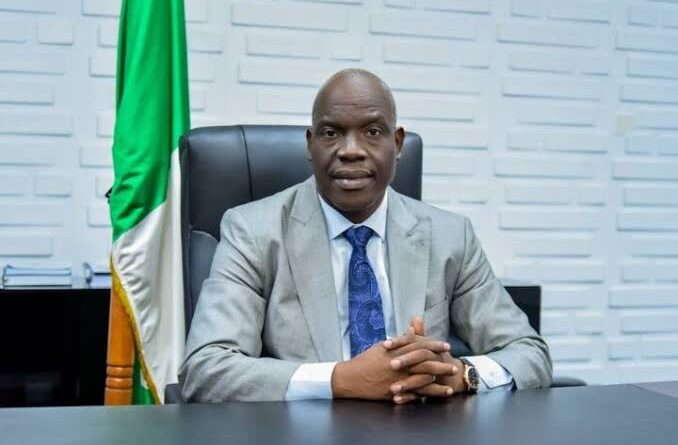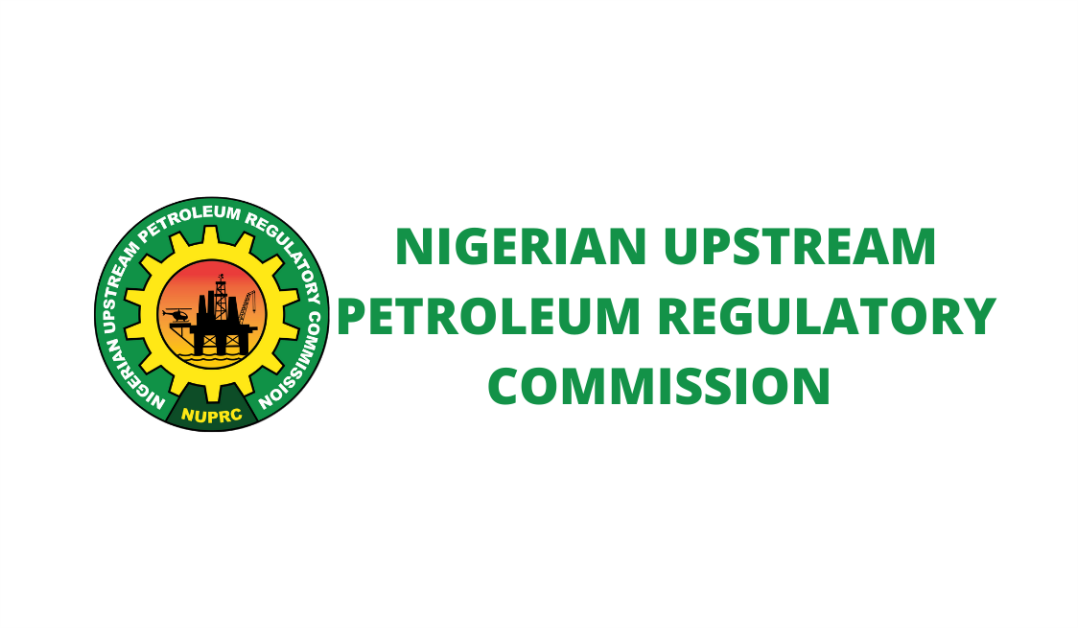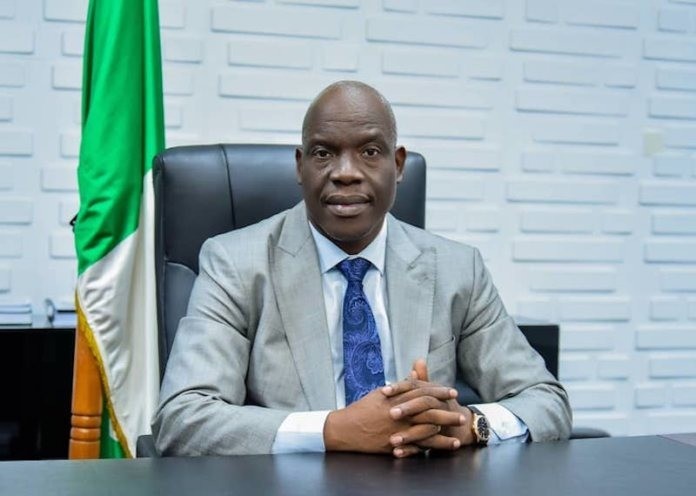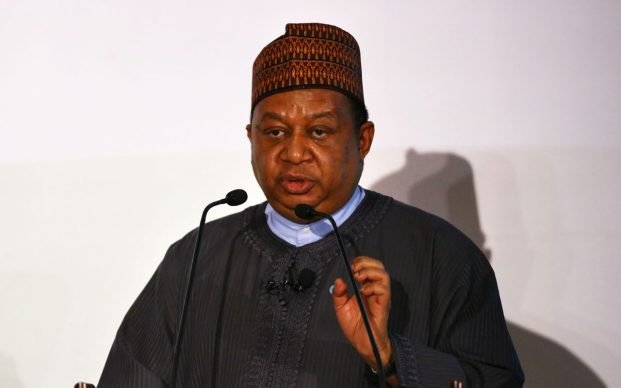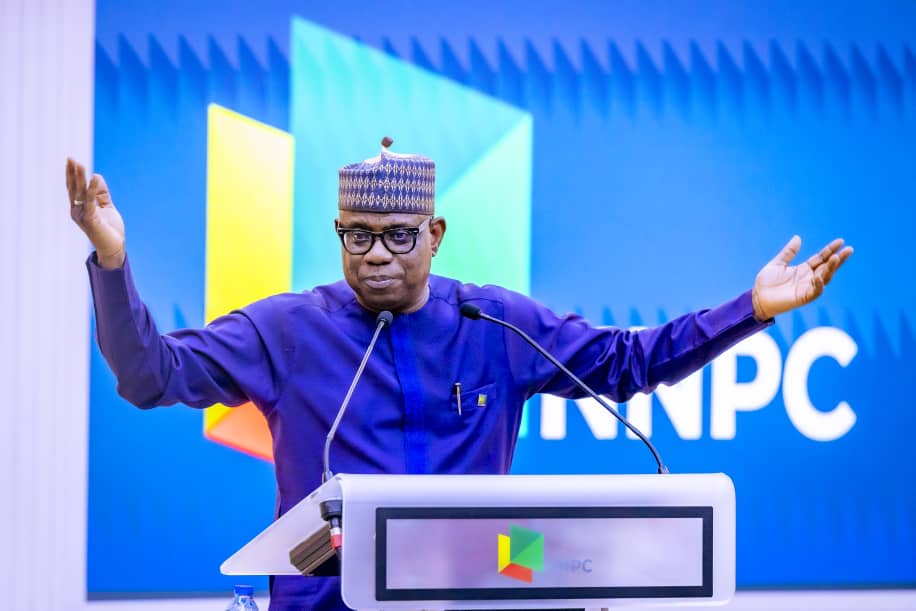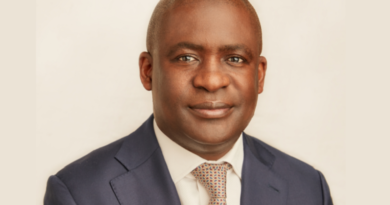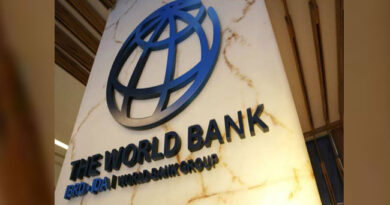Africa Requires $600 Billion Each Year to Boost Energy Sector Says NUPRC Boss
Africa will need over $600 billion annually in upstream oil and gas investments to meet its fast-growing energy needs by 2030, according to Gbenga Komolafe, Chief Executive Officer of the Nigerian Upstream Petroleum Regulatory Commission (NUPRC).
Komolafe shared this insight while addressing participants at the Africa Energies Summit 2025 in London, where Nigeria showcased new efforts to attract investors to its oil and gas sector. He explained that Africa’s energy demand is expected to rise by 30% by 2040, driven by rapid population growth, urbanisation, and industrial expansion.
Why does Africa need $600bn annually for energy?
Komolafe cited a 2023 International Energy Forum study, which found that the continent would need this level of investment every year through 2030 to provide universal energy access and support development. He stressed that without this capital, Africa’s energy and economic goals could fall short.
Despite the global shift towards clean energy, Komolafe emphasized that hydrocarbons will remain essential, referencing BP’s 2024 Energy Outlook, which predicts that fossil fuels will still make up more than 50% of the world’s energy mix by 2050. He argued that the push for net zero must consider Africa’s unique needs, ensuring that climate goals are pursued alongside economic development.
Nigeria, he said, is prepared to secure a large portion of this capital, citing the success of recent bid rounds—especially the 2022 and 2024 licensing rounds—as a sign of investor confidence. He explained that 57 Petroleum Prospecting Licences (PPLs) awarded in 2022, plus the current 2024 bid round, have repositioned Nigeria as a prime destination for oil and gas investments.
Komolafe noted that:
- Nigeria’s rig count has increased from 8 in 2021 to 36, with expectations to reach 50 before the year ends.
- The country boasts 210.54 trillion cubic feet of natural gas and 37.28 billion barrels of crude oil reserves, the largest in Africa.
- Nigeria is targeting 3 million barrels per day in national production, requiring ongoing exploration and development.
He credited the Petroleum Industry Act (PIA) of 2021 for providing a clear and stable legal framework that has helped attract international investors. He also mentioned the Awalé Project, through which over 11,000 square kilometres of 3D seismic data have already been gathered as part of a larger 56,000 sq km acquisition campaign.
This wave of reforms and strategic engagement, Komolafe concluded, signals Nigeria’s readiness to lead Africa’s energy transformation—balancing investment, sustainability, and growth.

